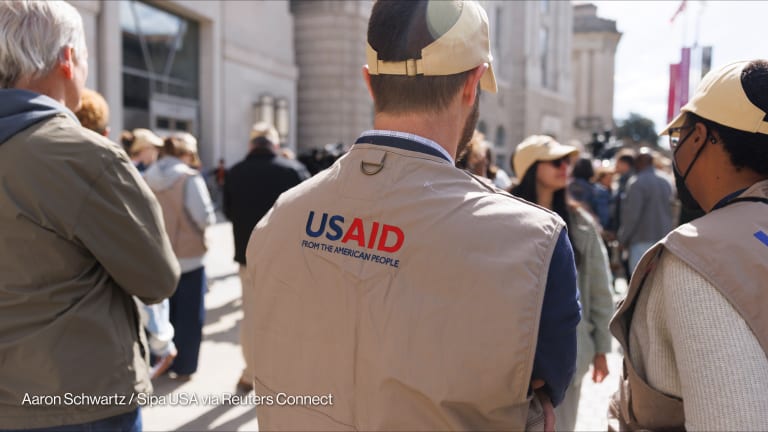For weeks, the fate of the U.S. African Development Foundation has hung in the balance. But despite ongoing legal proceedings, the Trump administration has moved forward with canceling hundreds of awards — and terminating dozens of staff — at one of the government’s smallest agencies.
“We’ve had some hope in the past,” said one USADF staff member, who received their termination notice earlier this week. “But it feels like it’s kind of dwindling now as we’ve seen more of these events unfolding.”
Peter Marocco — who is not just the director of the State Department’s Office of Foreign Assistance, but the purported president of USADF — laid out the latest efforts in a recent court filing.
Printing articles to share with others is a breach of our terms and conditions and copyright policy. Please use the sharing options on the left side of the article. Devex Pro members may share up to 10 articles per month using the Pro share tool ( ).








